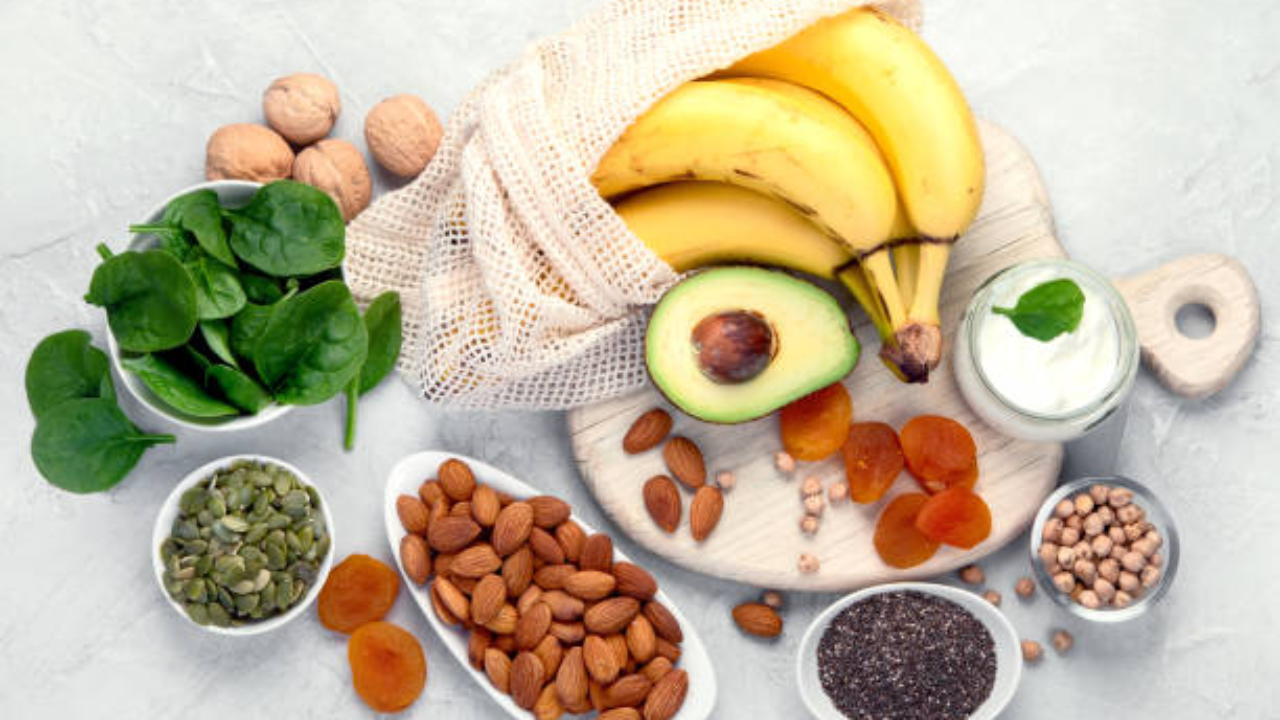Fueling Your Health with Diabetes

Living with diabetes, whether it's Type 1 or Type 2, might seem complicated, especially when it comes to food
But guess what? It doesn't have to be! Think of your body as a high-performance car; it needs the right fuel to run smoothly. And just like a car, what you put in makes a huge difference. That's where a diabetes dietitian comes in, like a trusted mechanic for your body's engine.
You might be wondering, "What food should diabetics eat or not eat?" This is one of the most common questions, and it's a super important one. The good news is that healthy eating for diabetes isn't some crazy, super restrictive diet. It's really about making smart choices that benefit everyone, not just those with diabetes.
Forget chasing the “perfect” diabetes plate. Real life isn’t Pinterest, and your meals don’t have to be either. That said, some general strategies can help support more stable blood sugars and better energy without making you feel restricted or overwhelmed.
- Non-Starchy Veggies - Think broccoli, spinach, carrots, peppers, green beans, whatever you actually like and will eat. These veggies are packed with nutrients and fiber, and they help keep blood sugars steadier without adding a ton of carbs. Bonus: They help you feel full and satisfied, which can reduce those “I need to snack again in 30 minutes” moments.
- Protein That Fits Your Life - Chicken, fish, beans, eggs, Greek yogurt, pick what works for you. Protein helps with satiety and typically doesn’t spike blood sugar, but it’s not one-size-fits-all. If you’re living with T1D, balancing protein with your insulin timing can be a game-changer. For T2D, protein can help reduce post-meal spikes and support weight management if that’s a goal.
- Carbs Aren’t the Enemy - Whole grains like oats, quinoa, brown rice, and whole-wheat bread can absolutely be part of your diabetes management in portions that make sense for your body. The key is pairing them with protein, fat, or fiber to slow down absorption. No need to cut carbs completely, just get strategic.
- Yes to Healthy Fats - Avocados, nuts, seeds, olive oil, and even full-fat dairy have a place on your plate. They're satisfying and can help stabilize blood sugar when paired with carbs. Just be mindful of portions, not because fat is “bad,” but because it’s easy to overdo without realizing.
Food to Be Mindful About
These aren't necessarily "forbidden" foods, but they're things to limit. Think of them like premium, special-occasion fuel.
- Sugary Drinks and Foods - Sodas, fruit juices (even 100% juice can be high in sugar), candy, pastries, and many desserts are big culprits for spiking blood sugar. They offer little to no nutritional value.
- Refined Grains - White bread, white pasta, and sugary cereals are quickly broken down into sugar in your body, leading to rapid blood sugar increases.
- Processed Foods - Chips, fast food, and many pre-packaged meals are often high in unhealthy fats, sodium, and added sugars. They’re usually low in the good stuff your body needs.
- Saturated Fats - Saturated fats, found in foods like butter, full-fat dairy, and fatty cuts of meat, aren't automatically off-limits. The impact on heart health depends on your overall diet, portion sizes, and what you're replacing them with. In other words, it’s not about cutting them out completely; it’s about finding a balance that works for you.
Why a Diabetes Dietitian is Your MVP
Navigating all this information can feel like a lot, right? That's where a specialized expert comes in. A diabetes dietitian is specifically trained to help people with diabetes understand how food affects their bodies. They're not there to tell you everything you can't eat, but rather to empower you with knowledge and strategies to eat well and live fully.
Whether you have Type 1 diabetes and need help with carb counting and insulin-to-carb ratios, or Type 2 diabetes and are looking for ways to manage your blood sugar through diet and lifestyle, a Type 1 diabetes dietitian or Type 2 diabetes dietitian can create a personalized eating plan just for you. They understand that everyone is different and that a one-size-fits-all approach doesn't work.
A Diabetes Educator will teach you practical skills like reading food labels, understanding portion sizes, and making smart choices when eating out. They can also help you troubleshoot challenges and celebrate your successes.
The Takeaway
Managing diabetes is a team effort, and your plate is a huge part of that team! By focusing on whole, unprocessed foods, limiting sugary and refined items, and working with a diabetes dietitian, you'll be well on your way to fueling your body for a healthy, energetic life. Eating well doesn't have to be boring or complicated – it's about making informed choices that help you feel your best every single day.
Ask the Dietitian Q&A
Q1: Do I have to give up all sugar forever?
No, you don't have to give up sugar completely! The key is moderation and being mindful of how it affects your blood sugar. A diabetes dietitian can help you learn how to incorporate small amounts of sweets or treats into your diet in a planned way, often by balancing them with protein and fiber.
Q2: What's the biggest mistake people make with their diet after being diagnosed with diabetes?
A common mistake is trying to eliminate all carbohydrates. Carbohydrates are our body’s main source of energy, and some are essential for a healthy diet. Instead of eliminating them, a Diabetes Educator will teach you to focus on choosing the right kinds, like whole grains, and managing portion sizes
Struggling to find breakfast ideas that won’t spike your blood sugar? We’ve got you covered. This guide has the answers. Discover what to eat to keep your numbers steady and explore even more options inside.

